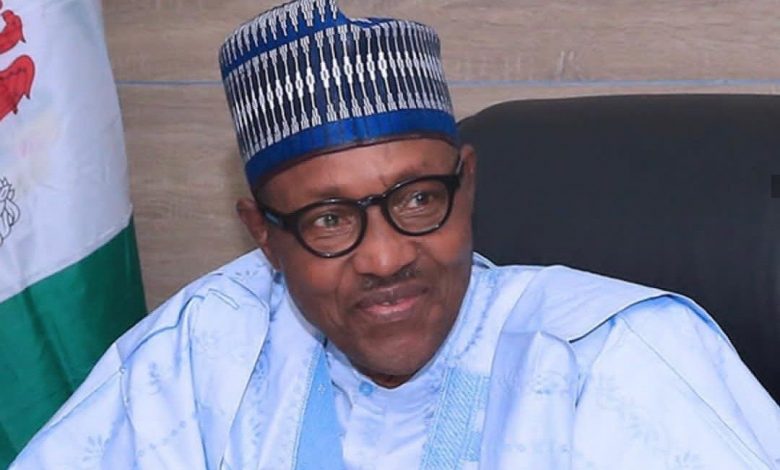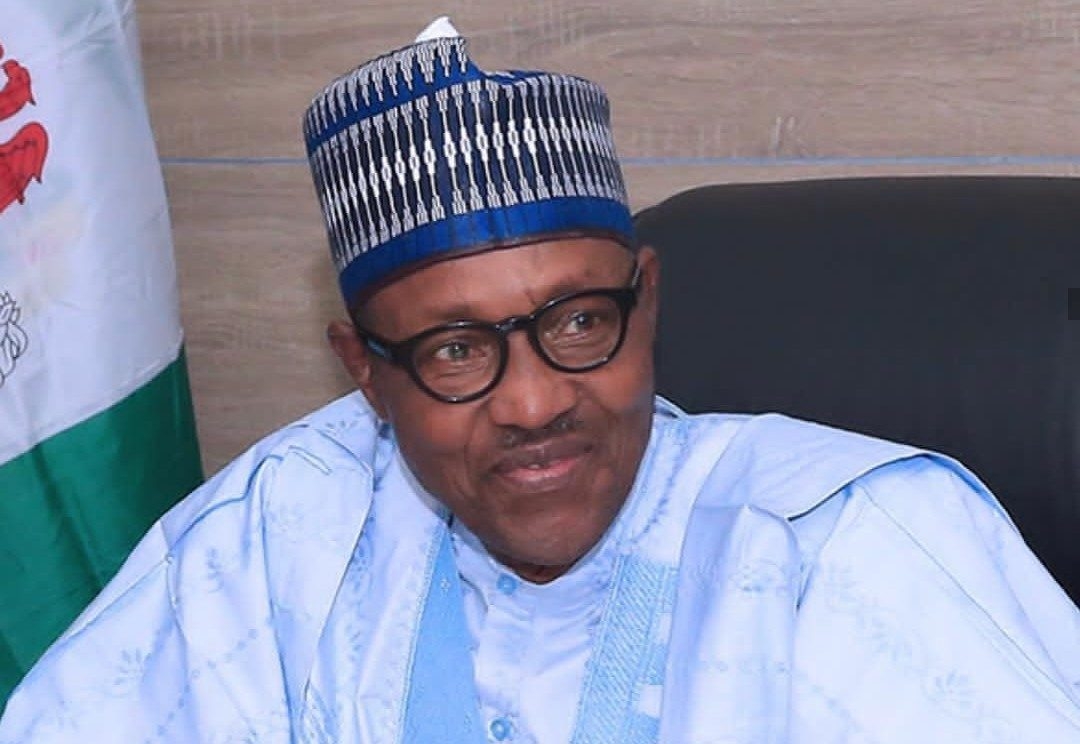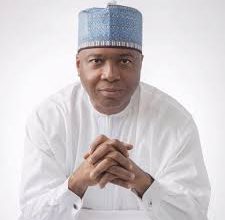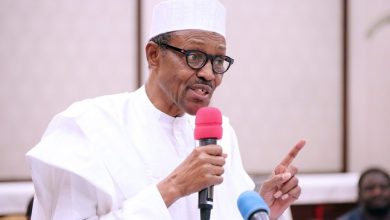
NIGERIAN GOVERNMENT PROPOSES N9.79 TRILLION BUDGET FOR 2020, SAYS FINANCE MINISTER

The Minister explained that, the amount represents an increase of 9.75 per cent over N8.916 trillion spending for 2019, adding that the projection includes a proposed revenue of about N7.64 trillion and a total proposed fiscal deficit component of about N2.142 trillion.
Penpushing further reports that, Ahmed stated that the key assumptions of the budget were based on an oil production capacity of 2.18 million barrels per day, crude oil price of $55 per barrel, against $60 per barrel last year, and exchanged rate of N305 to the dollar.
The Minister pointed out that, inflation rate for the year is projected at an average of 10.81 per cent, with nominal consumption figure of about N122.75 trillion and nominal gross domestic product of N142.96 trillion. The GDP growth rate is put at about 2.93 per cent.
Penpushing also reports that, Ahmed while speaking on the expenditure, said debt service is projected to increase from N2.14 trillion in 2019 to about N2.45trillion; Statutory Transfer of N526.46 billion, from N502.1 billion in 2019; and sinking fund of N296 billion, from N110billion, adding that recurrent non-debt appropriation was put at about N4.57trillion against N4.39 trillion in the 2019 Budget.
The Minister in a breakdown of the non-debt proposal, stated that it , includes Ministries, Departments and Agencies (MDAs) personnel cost of N2.675 trillion; Government-owned enterprises (GOEs) personnel costs (N218.8 billion; overheads for MDAs (N280.3 billion; overheads of GOEs (N146.14 billion).
Penpushing reports that, she explained that proposals for pensions, gratuity and retirement benefits will be about N536.72billion; transfers Nigerian Bulk Electricity Trading (NBET) for power sector reform programme (N59.44 billion; Service-wide votes (N418.7 billion), and Presidential Amnesty Programme (N65 billion).
The Minister said under Special Interventions (recurrent), about N350billion has been proposed for the year, while aggregate Capital expenditure has been reduced from N3.18 trillion in 2019 to about N2.05 trillion in 2020.
Penpushing further reports that, details of the capital expenditure, as stated by Ahmed include capital supplementation (N234.2 billion); statutory transfers for capital expenditure (N289.1 billion); capital allocation for special Intervention Programme (N150billion); MDAs Capital expenditure (N827.3 billion).
The Finance Minister spoke further saying the capital expenditure for 10 top GOEs have been put at about N188.23 billion; grants and donor-funded projects (N36.4 billion), and multilateral/bilateral project-tied (N328.13 billion).
Penpushing also reports that, Ahmed on deficit financing, said the government plans to mobilise additional financing from the sale of government property, proceeds from privatization, sale of non-oil assets, multi-lateral and bilateral project-tied loans and new foreign and domestic borrowings.
The Minister in her overview of the proposals, stated that the draft MTEF showed the country was facing significant medium-term fiscal challenges, especially with respect to revenue generation and rapid growth in personnel costs, stressing that to reverse the challenges, key reforms under the strategic revenue growth initiative will be implemented to boost revenue collection and expenditure management.







